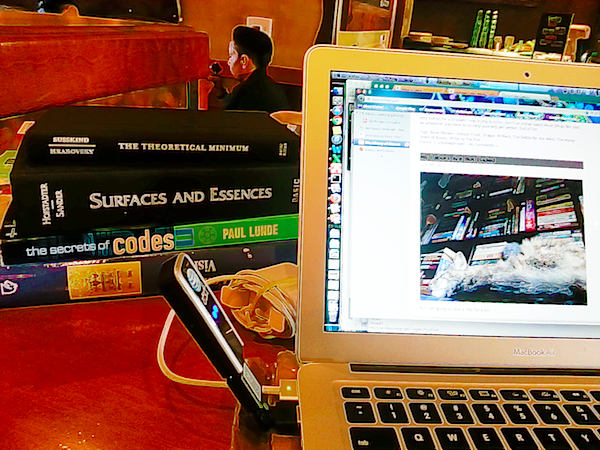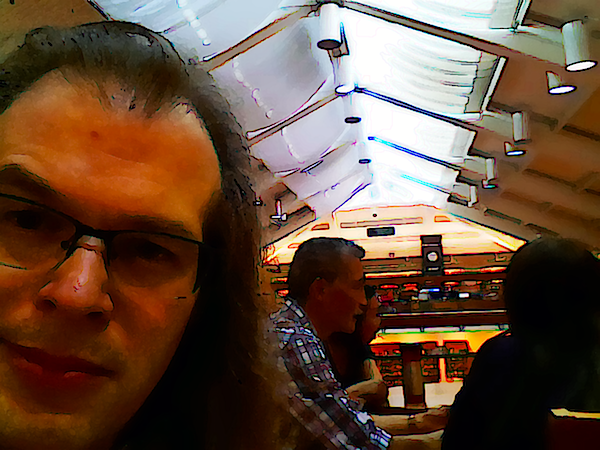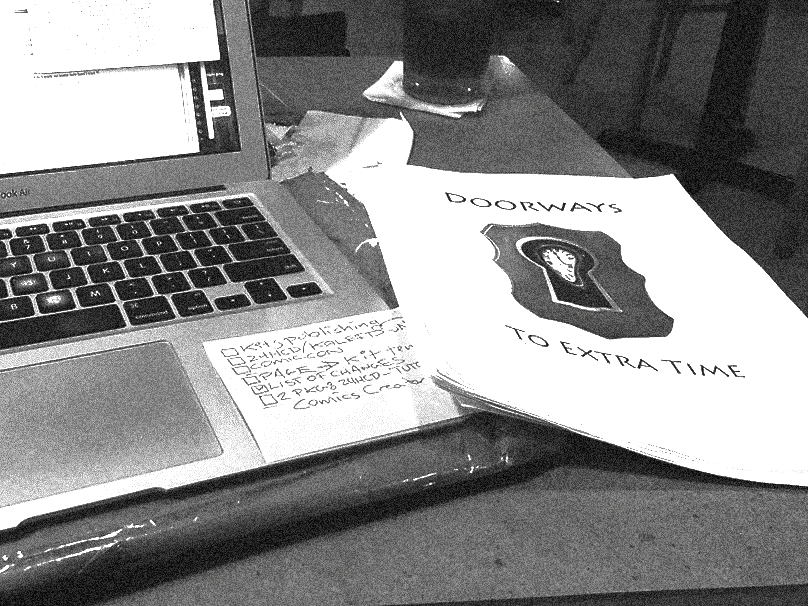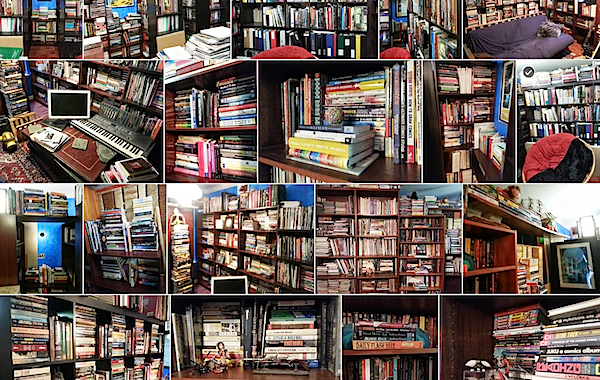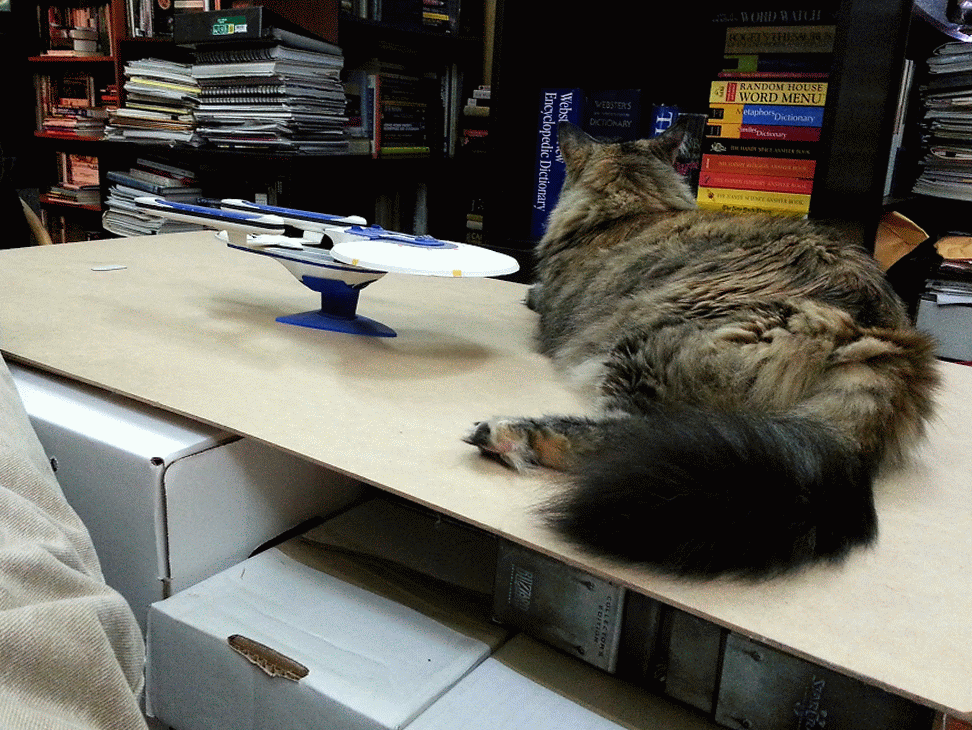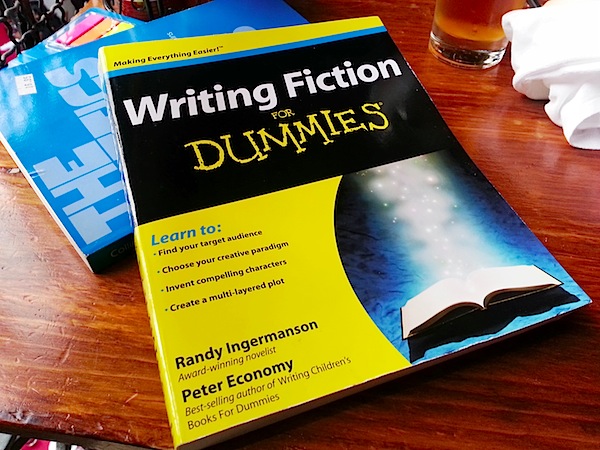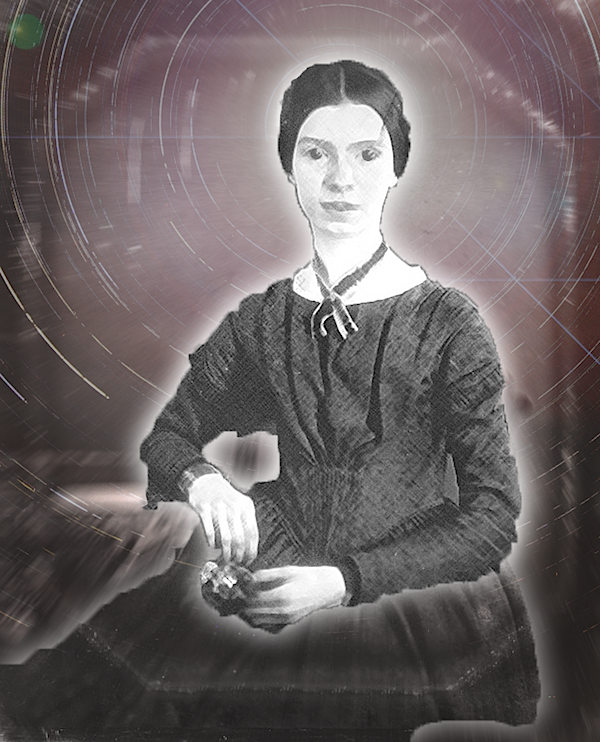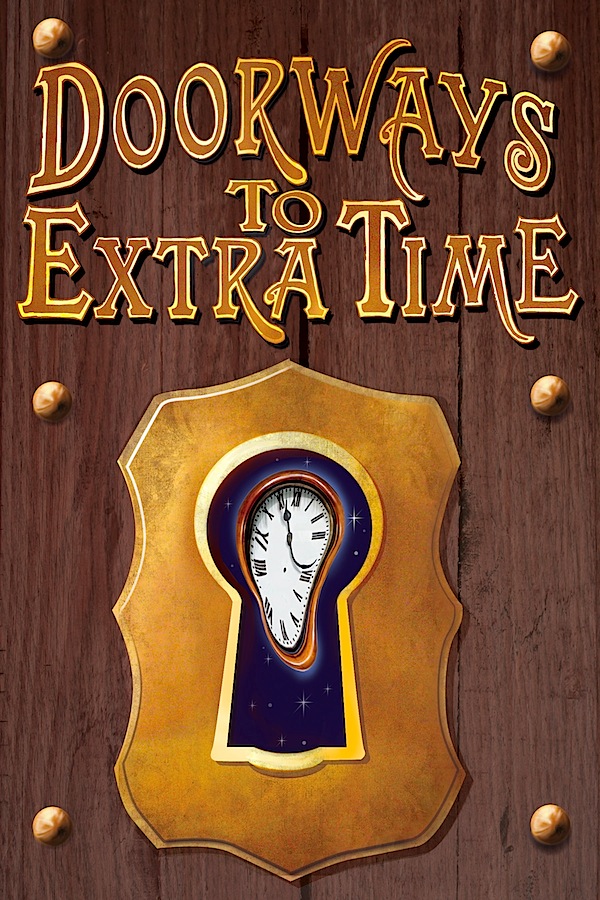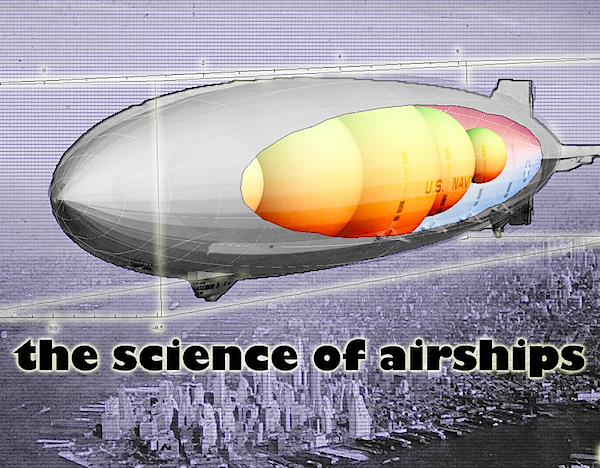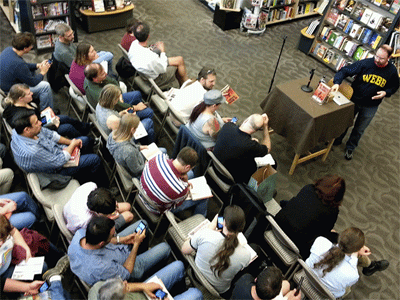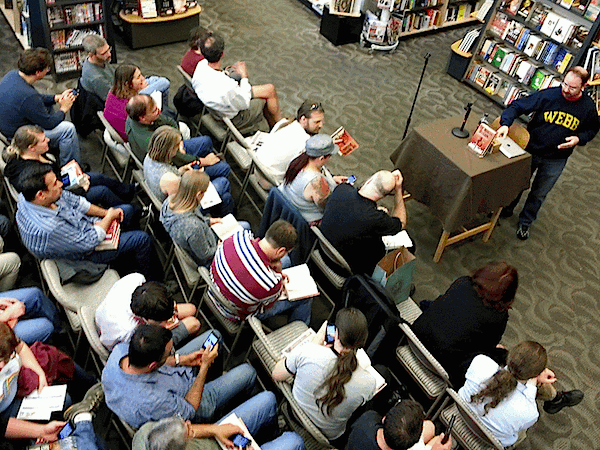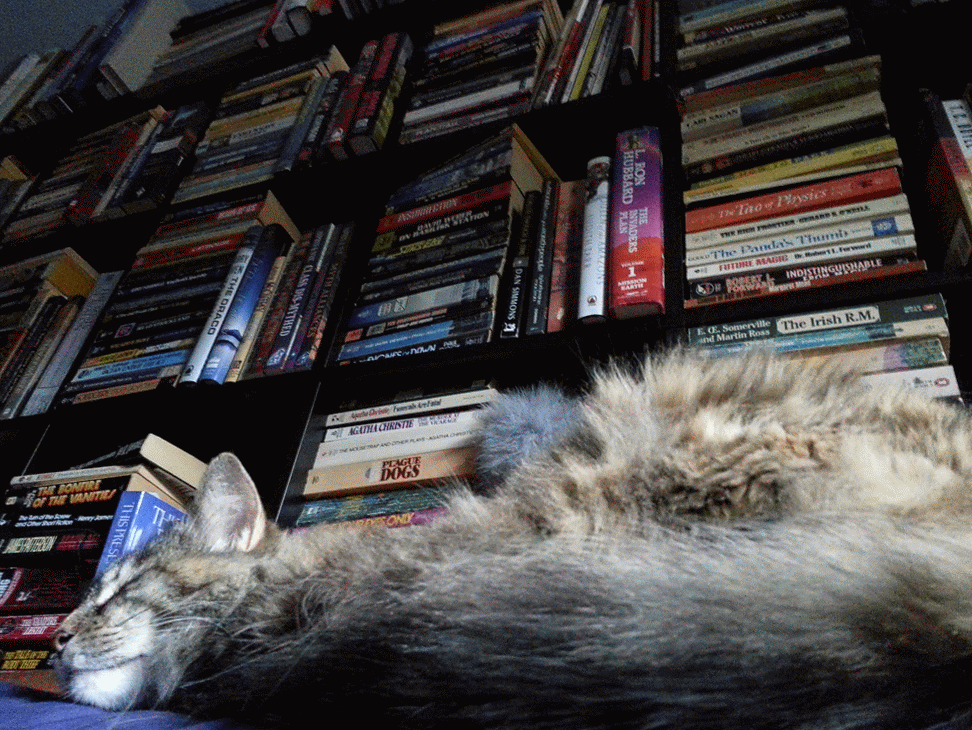
But I am going to take a rest for a bit.
Above you see a shot of my cat Lenora resting in front of the "To Read Science Fiction" section of my Library, the enormous book collection I've been accumulating over the last quarter century. I have books older than that, of course, but they're stored in my mother's house in my hometown. It's only over the last 25 years or so have I been accumulating my own personal library.
But why am I, if not resting, at least thinking about it? I finished organizing the books in my Library.
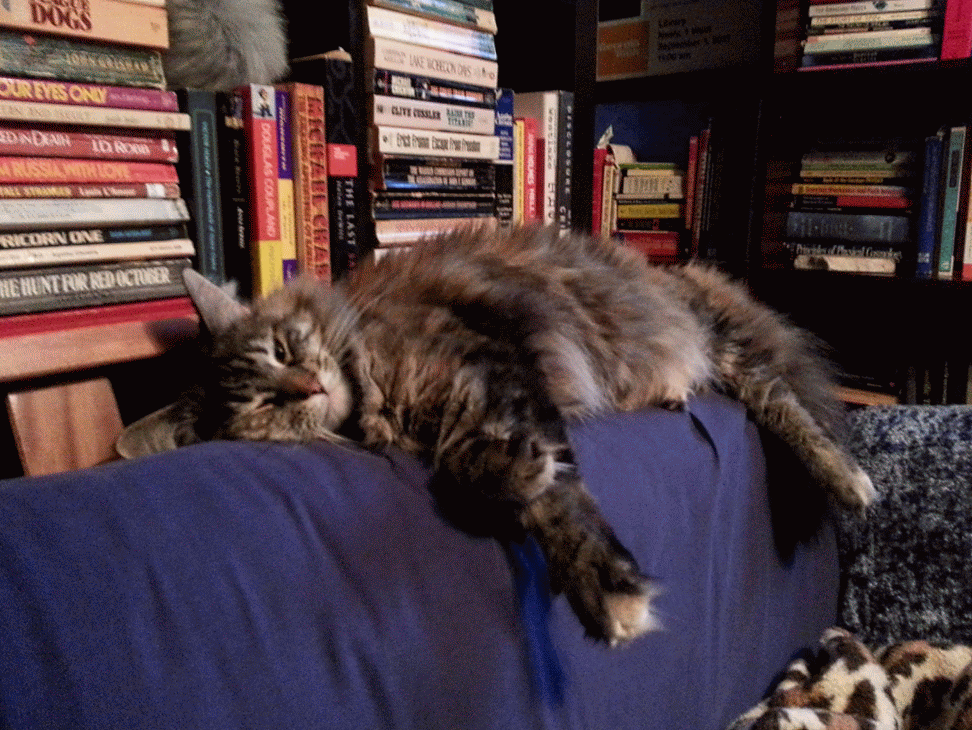
I have an enormous amount of papers, bills, bric a brac and other memorabilia still to organize, file, trash or donate, but the Library itself is organized, at last. It's even possible to use it.
How organized? Well...
Religion, politics, economics, the environment, women's studies, Ayn Rand, read books, Lovecraft, centaur books, read urban fantasy, read science fiction, Atlanta, read comics, to-read comics, to-read science fiction magazines, comic reference books, drawing reference books, steampunk, urban fantasy, miscellaneous writing projects, Dakota Frost, books to donate, science fiction to-reads: Asimov, Clarke, Banks, Cherryh, miscellaneous, other fiction to-reads, non-fiction to-reads, general art books, genre art books, BDSM and fetish magazines and art books, fetish and sexuality theory and culture, military, war, law, space travel, astronomy, popular science, physics of time travel, Einstein, quantum mechanics, Feynman, more physics, mathematics, philosophy, martial arts, health, nutrition, home care, ancient computer manuals, more recent computer manuals, popular computer books, the practice of computer programming, programming language theory, ancient computer languages, Web languages, Perl, Java, C and C++, Lisp, APL, the Art of Computer Programming, popular cognitive science, Schankian cognitive science, animal cognition, animal biology, consciousness, dreaming, sleep, emotion, personality, cognitive science theory, brain theory, brain philosophy, evolution, human evolution, cognitive evolution, brain cognition, memory, "Readings in …" various AI and cogsci disciplines, oversized AI and science books, conference proceedings, technical reports, game AI, game development, robotics, imagery, vision, information retrieval, natural language processing, linguistics, popular AI, theory of AI, programming AI, AI textbooks, AI notes from recent projects, notes from college from undergraduate through my thesis, more Dakota Frost, GURPS, other roleplaying games, Magic the Gathering, Dungeons and Dragons, more Dakota Frost, recent projects, literary theory of Asimov and Clarke, literary theory of science fiction, science fiction shows and TV, writing science fiction, mythology, travel, writing science, writing reference, writers on writing, writing markets, poetry, improv, voice acting, film, writing film, history of literature, representative examples, oversized reference, history, anthropology, dictionaries, thesauri, topical dictionaries, language dictionaries, language learning, Japanese, culture of Japan, recent project papers, comic archives, older project papers, tubs containing things to file … and the single volume version of the Oxford English Dictionary, complete with magnifying glass.

I deliberately left out the details of many categories and outright omitted a few others not stored in the library proper, like my cookbooks, my display shelves of Arkham House editions, Harry Potter and other hardbacks, my "favorite" nonfiction books, some spot reading materials, a stash of transhumanist science fiction, all the technical books I keep in the shelf next to me at work … and, of course, my wife and I's enormous collection of audiobooks.
What's really interesting about all that to me is there are far more categories out there in the world not in my Library than there are in my Library. Try it sometime - go into a bookstore or library, or peruse the list of categories in the Library of Congress or Dewey Decimal System Classifications. There's far more things to think about than even I, a borderline hoarder with a generous income and enormous knowledge of bookstores, have been able to accumulate in a quarter century.
Makes you think, doesn't it?
-the Centaur
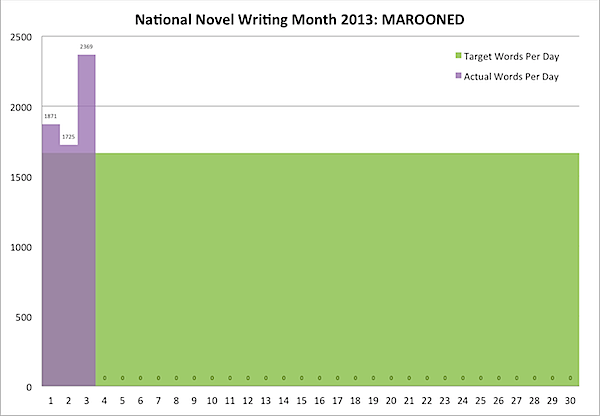
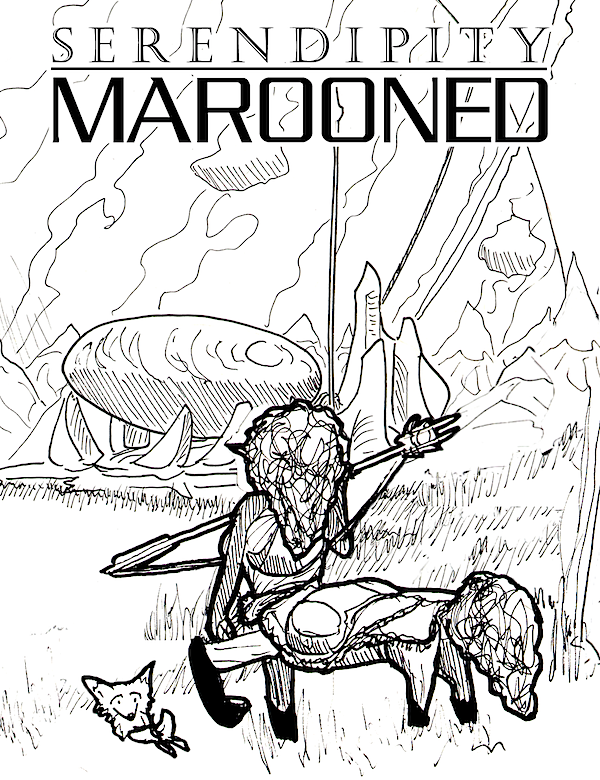
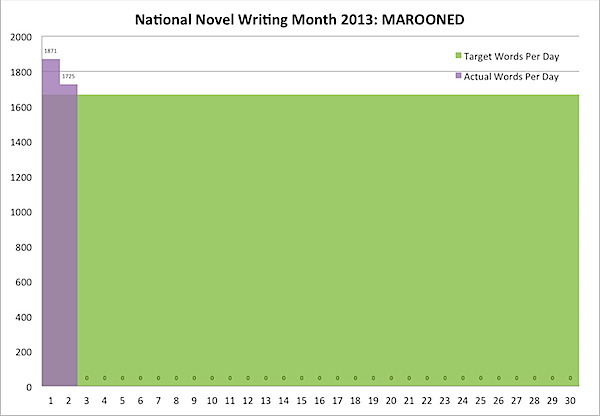
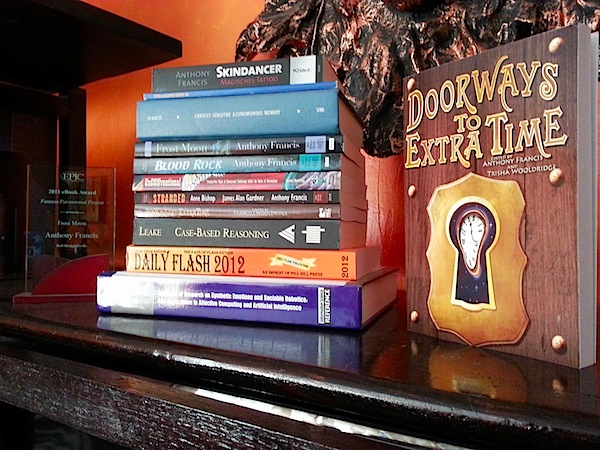
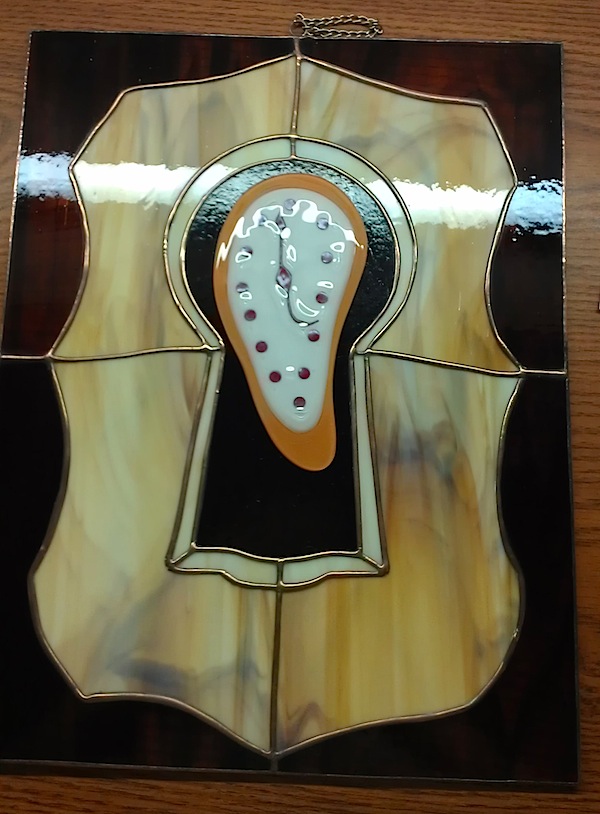
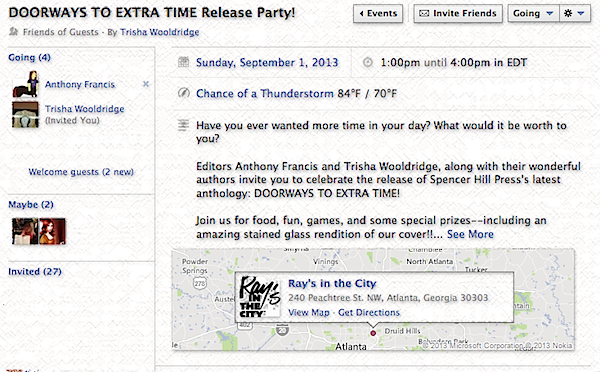
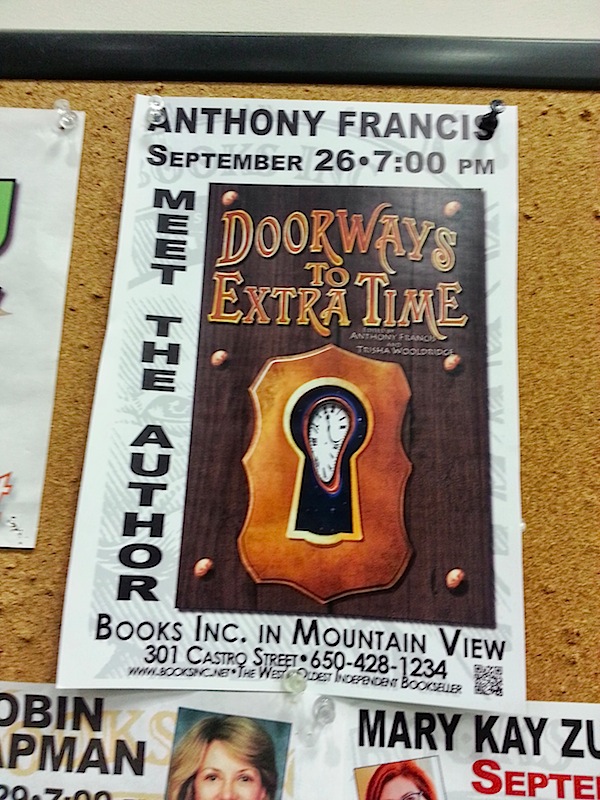
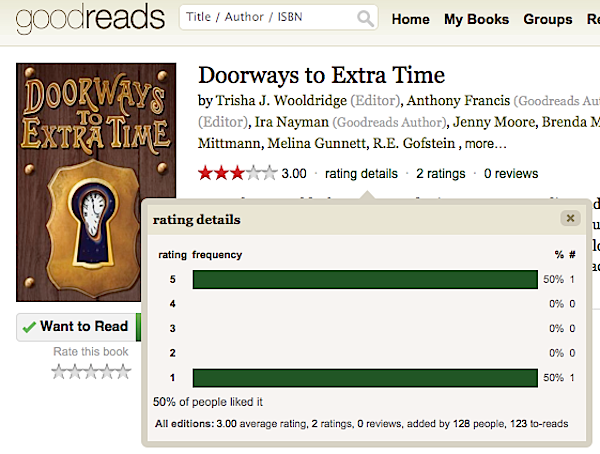
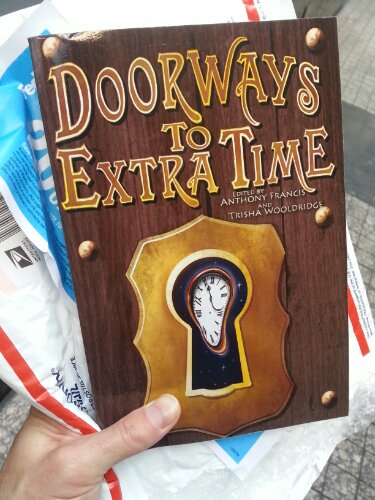
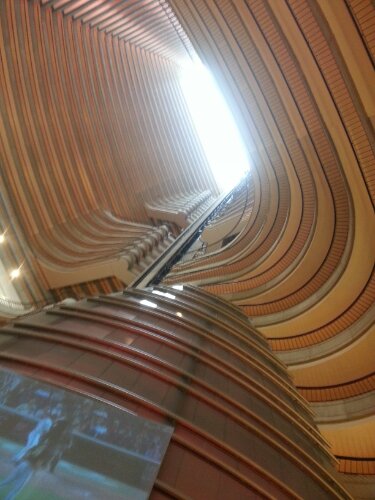

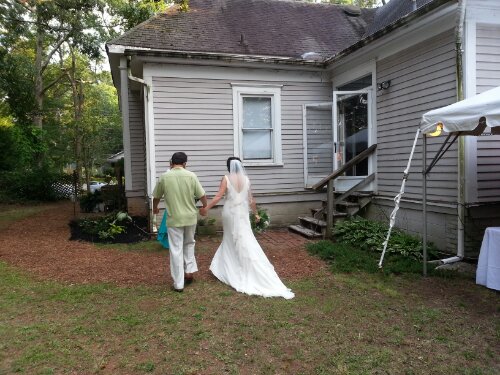
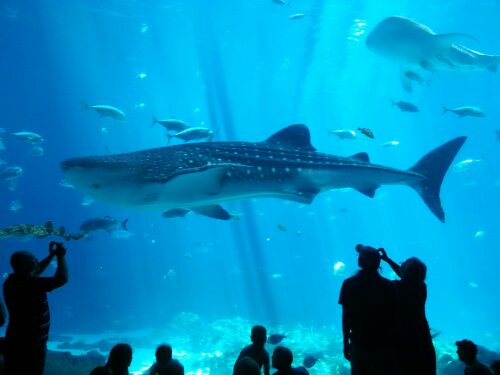
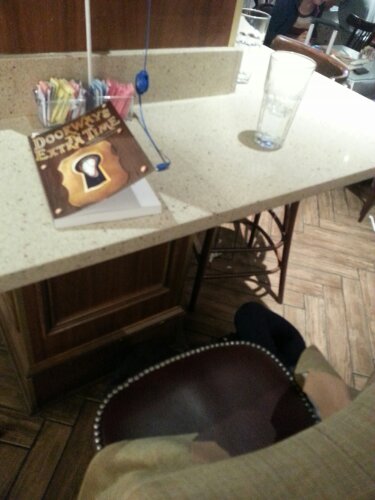
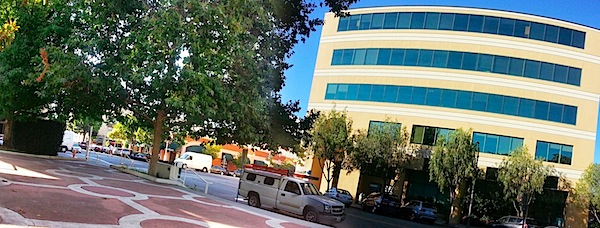 One of my favorite songs is
One of my favorite songs is 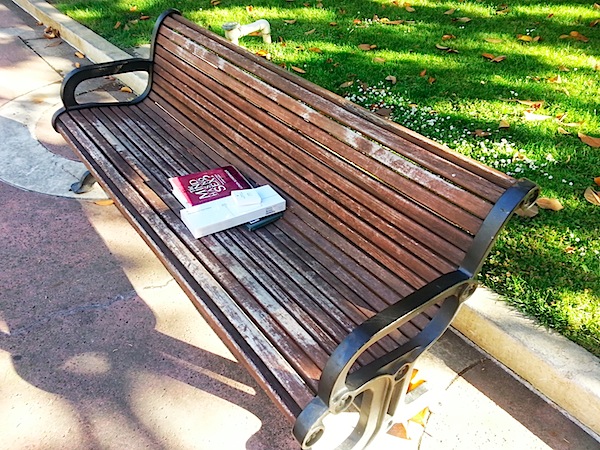 I'd dropped my wife off at the airport, run some errands, gone to the great
I'd dropped my wife off at the airport, run some errands, gone to the great  And I reflected on all the sources of false wisdom I've heard, or more charitably, advice masquerading as wisdom, useful to certain people at certain times during their development, which may not be as universally wise as it first appears.
I don't want to find ten years have got behind me without knowing it … but for me, that's led to years and years of pushing, pushing pushing. Sometimes, it's good to just stop and smell the magnolias.
And I reflected on all the sources of false wisdom I've heard, or more charitably, advice masquerading as wisdom, useful to certain people at certain times during their development, which may not be as universally wise as it first appears.
I don't want to find ten years have got behind me without knowing it … but for me, that's led to years and years of pushing, pushing pushing. Sometimes, it's good to just stop and smell the magnolias.
 To cultivate slowing down and watching time pass … and all that passes through time around you.
-the Centaur
To cultivate slowing down and watching time pass … and all that passes through time around you.
-the Centaur 